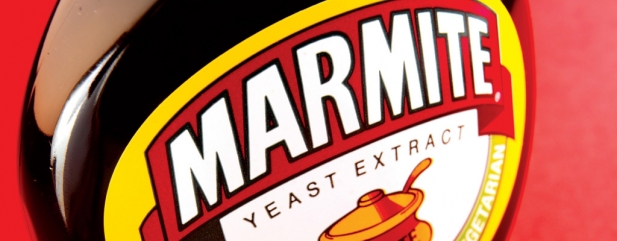Consumer goods giant and current FTSE 100 constituent Unilever (ULVR) is poised for a crucial shareholder vote on moving its headquarters to the Netherlands.
On 11 September the company published the full details of a plan to scrap its dual UK-Dutch stock market listing and make the move to Rotterdam, having first outlined the proposals in March.
The timing of the move has seen many observers link it to Brexit although Unilever itself argues it is a long-needed simplification of its corporate structure.
Assuming the plans are approved at meetings on 25 October and 26 October then the new shares will commence trading on Christmas Eve. It will have to receive 50% approval from its Dutch shareholders and 75% approval from its UK shareholders.
Many institutional investors have complained about the move as they will be forced to sell their Unilever shares as the company is widely expected to lose its place in the FTSE index.
In its prospectus for the new shares Unilever concedes it is ‘extremely unlikely’ they will be allowed to remain in the FTSE.
At present the company is the third largest by market cap on the UK’s index of leading shares.
Index operator FTSE Russell responded to the publication of the prospectus by saying the new format Unilever shares would not be eligible for the FTSE 100. (TS)
‹ Previous2018-09-13Next ›

 magazine
magazine








